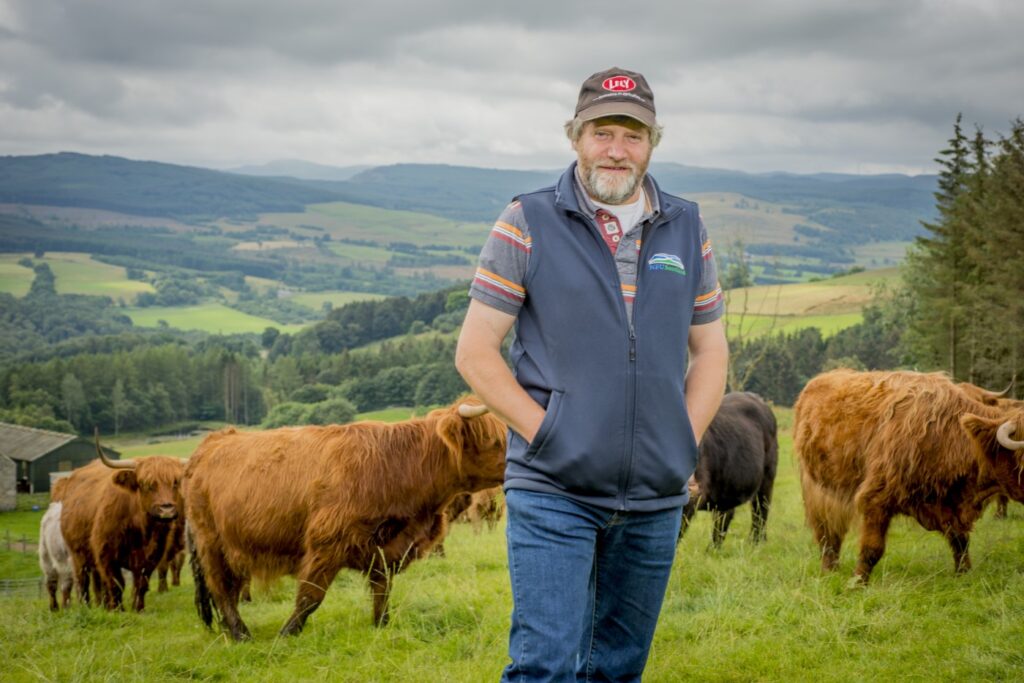NFU Scotland has criticised of proposals included in Defra and Scottish Government consultations that closed last week, with president Martin Kennedy saying it the proposal ‘shows no appreciation or understanding of livestock production across all parts of the UK’.
The Defra consultation, which related to journeys in (or partly in) England and Wales proposed a ban on the live export of stock for further finishing or slaughter and restrictions on journey length and conditions, including outside temperature during transport, headroom and stocking density.
The Scottish consultation looked specifically at the Farm Animal Welfare Council (FAWC) report into animal transport and its recommendations.
NFU Scotland President Martin Kennedy said they had worked closely with a wide range of UK and Scottish stakeholders on these consultations, with hundreds of members attended NFU Scotland webinars on this subject and all members were encouraged to respond directly to what he called “damaging proposals”.
The importance of transport to livestock producers on Scotland’s islands and in more remote areas, he said, is paramount – and members from those regions were quickest to voice their concerns.
Mr Kennedy said: “Regardless of whether journeys are made by land or sea, it must be borne in mind that Scotland has an excellent track record in ensuring all animal health and welfare requirements in transit are met and requirements around the likes of journey times, rest periods, stocking densities, vehicle standards, vehicle certification and driver competence have been well policed and adhered to in Scotland for more than 15 years to good effect.
“To ensure the best possible welfare outcomes, the FAWC report would have been better to focus on fitness of animals to travel and development of best practice guidance, rather than focussing on the length of journey or the external temperature at the time of transport.”
He said that The proposed changes to journeys based on duration and weather conditions would cause “serious delays and disruption”, potentially damaging welfare outcomes, and that proposed changes to vehicle requirements would add significant costs and lead to many more journeys being made, increasing greenhouse gas emissions which work against both farming’s and the government’s net zero targets.
“These are serious issues, especially when no evidence has been provided in the consultations to suggest they would actually benefit animal welfare,” he added.




